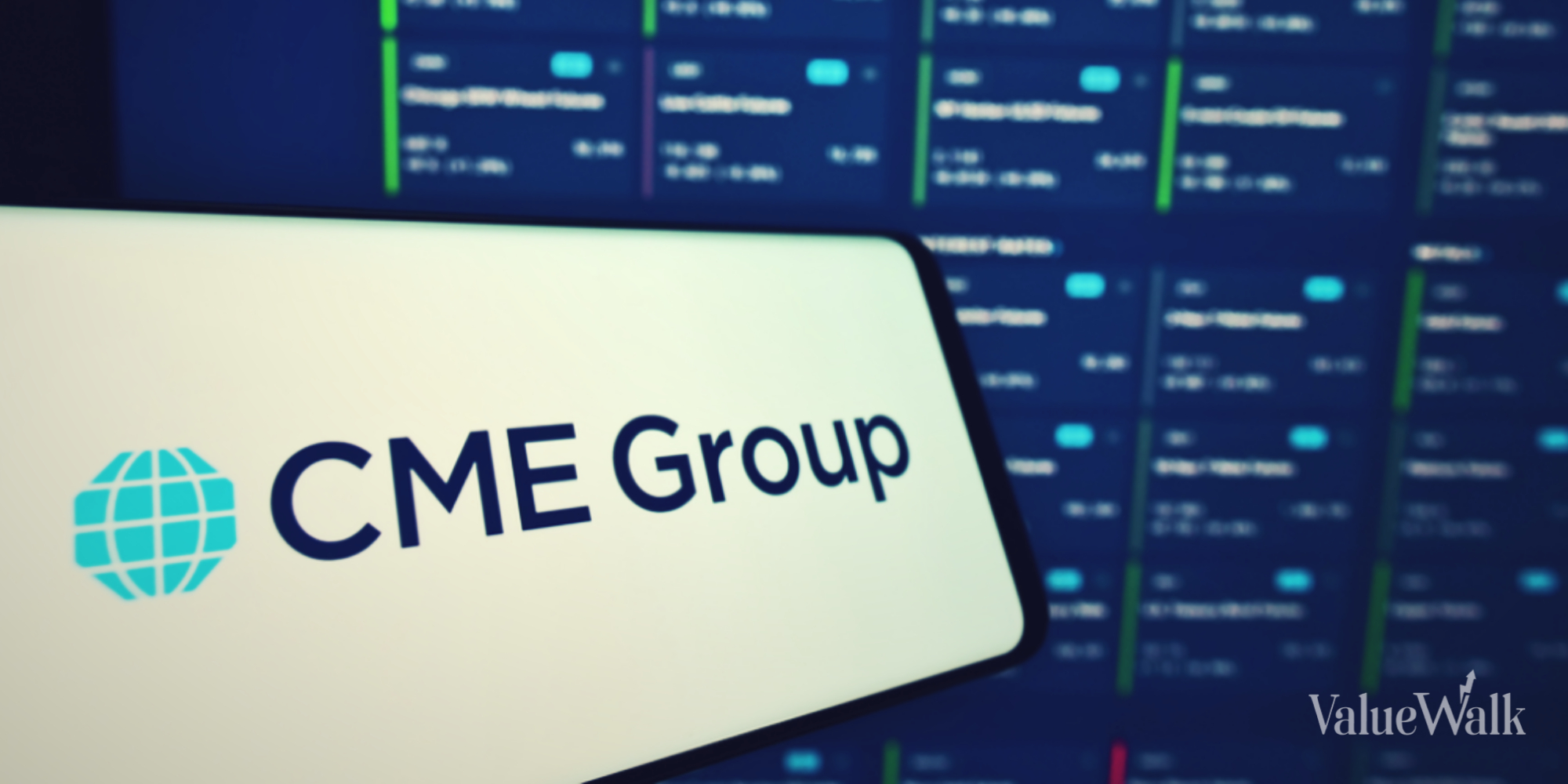Projections for the market in 2024 are all over the place. However, the consensus seems to be that things will be sluggish in the first half of the year and pick up in the second half of the year, with interest rates expected to start coming back down as the next presidential election looms.
Most experts expect market returns to be in the single digits, at or around historical averages of 8% to 10%, give or take a few percentage points either way. If you are looking for a stock that could be on the high side of those projections, consider CME Group (NASDAQ:CME).
CME is seeing record ADV so far in Q4
CME Group is the leading derivatives exchange, and it gets its name from its origins as the Chicago Mercantile Exchange. It still owns the Chicago Mercantile Exchange, along with the Chicago Board of Trade, New York Mercantile Exchange and The Commodity Exchange.
Equities, agricultural, currencies, energy, options, futures, metals and interest rate products all trade on CME Group’s platforms, but its largest market is interest rate derivatives. In fact, the company operates the biggest market for interest rate and U.S. Treasury derivatives, and those markets have taken off.
The past two months have been record-setting for CME Group. In November, the average daily volume (ADV) on its platform was 28.3 million contracts, up 21% year over year and at an all-time record for November.
Of the 28.3 million contracts, 16.8 million were interest-rate contracts, up 42% year over year and also a record. CME saw November ADV records set for two-year U.S. Treasury Note futures, five-year U.S. Treasury Note futures, Ultra 10-Year U.S. Treasury Note futures, and Ultra U.S. Treasury Bond futures.
Those record November numbers followed a record-setting October in which ADV hit 25.2 million contracts, up 11% year over year with an interest rate ADV of 11.8 million contracts, accounting for almost half of the total. The high interest-rate trading volume is related to the rise in interest rates and the resulting surge in Treasury yields, which have created a lot of volatility in fixed-income markets.
These high numbers bode well for a strong fourth quarter for CME, as the more trading volume there is on its exchanges, the more income it generates from clearing and transaction fees.
Why CME Group is a solid bet for 2024
CME Group has had an excellent year so far, with its revenue up 9% in the first nine months of the year compared to the previous year and net income jumping 17% through the first three quarters. As a result, CME stock is up about 26% year to date, trading at around $212 per share.
However, the fact is that CME Group has been a very durable stock for a long time. Over the past 10 years as of Dec. 20, the stock has posted an average annual return of 10%, and since the initial public offering in 2002, it has posted an average annual return of 16.5% per year.
CME Group has been a steady, consistent revenue generator, and it has huge margins. Its low overhead and strong expense management have resulted in a huge 61% operating margin and 57% profit margin.
Next year should be another good one for CME Group as bonds are expected to do well, with the Federal Reserve expected to lower interest rates. With the economy potentially slowing down, fixed-income investments could look pretty good in relation to stocks, and that should lead to continued high trading volumes for CME Group.
Additionally, the company is reasonably valued, trading at 25 times earnings with a forward price-to-earnings ratio of 23. The median price target among analysts is $233 per share, which would be about a 10% increase over its current price. Thatʻs not shooting the lights out, but it should beat the market, and CME has been a stellar investment over the long term as the leading derivatives exchange. There is a lot to like about CME Group, and this is a pretty good time to put it on your radar.
Disclaimer: All investments involve risk. In no way should this article be taken as investment advice or constitute responsibility for investment gains or losses. The information in this report should not be relied upon for investment decisions. All investors must conduct their own due diligence and consult their own investment advisors in making trading decisions.












